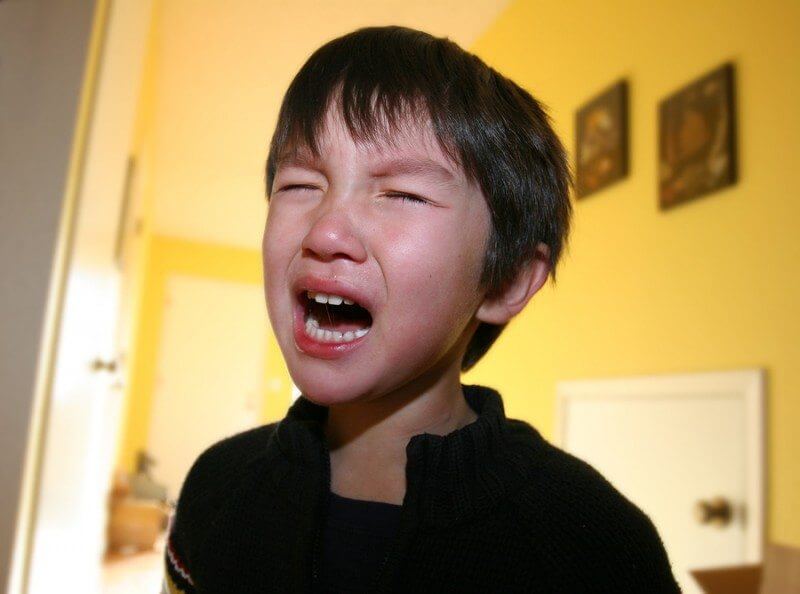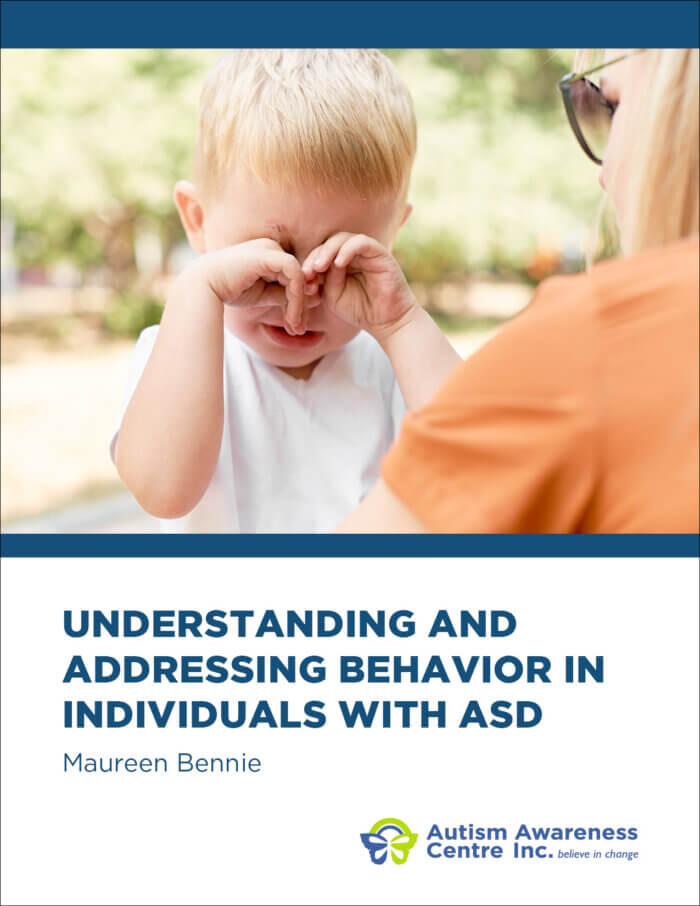
Tantrum vs Autistic Meltdown: What Is The Difference?
Many parents and caregivers have witnessed the fireworks of anger and emotion from a person with autism, and from the outside they look exactly like the tantrums of young children. While they may look similar in external behaviour, it’s important to understand the difference between the two. A tantrum is willful behaviour in younger children and therefore can be shaped by rewarding desired behaviours, whereas a meltdown can occur across a lifespan and isn’t impacted by a rewards system. Tantrums slowly go away as a child grows up, but meltdowns may never go away. Of course children with autism can also have classic temper tantrums, but understanding the difference is important because tantrums need one kind of response, but that same response will only make things worse for a person have an autistic meltdown from being overwhelmed by sensory stimuli.
How can you tell an autistic meltdown from a tantrum?
1)Goal oriented vs overload. A tantrum in a young child typically stems from frustration from not getting what they want in that moment: wether it is a toy, being able to button up their own shirts, or not wanting to go to bed . While tantrums in young children can be more frequent when they are tired, hungry or not feeling well, they are always goal oriented. Either the frustration at not getting what they want, not being able to do what they want, or even not being able to communicate what they want properly. An autistic meltdown on the other hand is all about being overwhelmed. For someone with autism, when they reach the point of sensory, emotional, and information overload, or even just too much unpredictability, it can trigger a variety of external behaviours that are similar to a tantrum (such as crying, yelling, or lashing out), or it can trigger a complete shutdown and withdrawal.
2)Tantrums need an audience. Tantrum behaviour will usually stop when the parent ignores the behaviour, when the child is removed from a public space where the behaviour is occurring, or when the child gets whatever it is they want (although this is not necessarily the best way to deal with tantrums). An autistic meltdown will occur with or without an audience. They can occur when the person with autism is entirely alone. They are the response of an external stimulus overload that leads to an emotional explosion (or implosion).
3)To put it simply: tantrums are an angry or frustrated outburst, while autistic meltdowns are a reaction to being overwhelmed. A person with autism has no control over their meltdowns, and will not benefit from the normal measures to reduce tantrums like distraction, hugs, incentives to ‘behave’, or any form of discipline.
What Can I Do To Help A Person Having An Autistic Meltdown?
As Judy Endow says in her wonderful blog post on the topic:
[Since an] autistic meltdown is the body’s attempt to gain equilibrium by expending energy, safety concerns often loom large. In fact, safety becomes the focus of attention during the autistic meltdown. The goal for the support person at the height of a meltdown is to ensure safety, knowing the meltdown will continue until the energy is spent. There is no stopping a meltdown in progress.
1)Ensure safety. Individuals with autism may unintentionally hurt themselves or others during their meltdowns. Have a strategy in place to keep the individual and yourself safe from harm. Personally, I love the unapologetically non-violent Low Arousal Approach, which in my opinion is one of the best strategies available for coping with meltdowns. [ Managing Family Meltdown]
2)Develop a calming routine. Having an effective calming routine in place for both children and adults is very helpful. Some people may still need help to calm themselves even after the energy from the meltdown is spent. This may include visuals, or music…whatever works best. A great book that I found for this is When My Worries Get Too Big by Kari Dunn Buron.
3)Mapping the pattern of behaviour in your child or ward to see how escalation occurs can be very helpful. It may be possible to start a calming routine before total meltdown if you are aware of the symptoms of escalation. Symptoms can include more than normal stimming, or rocking, asking to leave an environment, or simply bolting to escape etc… If you understand what triggers your child, student, or ward you may be able to stop a meltdown before it happens. An excellent resource for this is No More Meltdowns by Jed. E. Baker.
4)Stay calm yourself. This is a big one – meltdowns normally have trackable escalation, so keeping yourself calm so that you don’t add to that escalation is essential. If you have a person with autism in your life, chances are meltdowns are going to happen. Learning to calmly cope with them and having a strategy that works for you is the best way to help. From Anxiety to Meltdown by Deborah Lipsky is a fantastic resource.
Editorial Policy: Autism Awareness Centre believes that education is the key to success in assisting individuals who have autism and related disorders. Autism Awareness Centre’s mission is to ensure our extensive autism resource selection features the newest titles available in North America. Note that the information contained on this web site should not be used as a substitute for medical care and advice.

